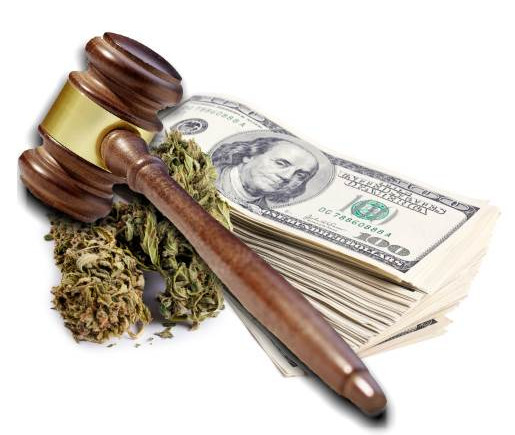The budget deal reached Saturday between Gov. Phil Murphy and fellow Democrats will raise taxes on corporations and high earners, boost spending on schools and NJ Transit, and keep state beaches and parks open ahead of the July Fourth holiday.
And although the details are still coming into focus, residents will likely be facing new fees on Uber rides, Airbnb stays, plastic bags and other products and services to help pay for the roughly $37 billion budget.
Here’s what you need to know:
NJ parks and beaches are open
“Let me be clear: There will be no shutdown,” Murphy said Saturday. “The parks and beaches are open.”
The state’s casinos and racetracks, which the Murphy administration said could close in a shutdown, will also remain open ahead of the July Fourth holiday.
Public schools
Murphy appears to have agreed to landmark changes in how the state funds its public schools, helping taxpayers in some districts and hurting others.
Under a plan backed by Senate President Stephen Sweeney and approved by the Legislature, direct state aid to public schools would increase $348 million over the current year. Most districts will get more aid, but some deemed to be overfunded under the state’s school funding formula will see a reduction.
State aid figures will be finalized in the coming days. The Senate Majority Office released tentative numbers two weeks ago.
The budget also includes $57 million to expand pre-K programs.
Property tax relief
Pushed by Assembly Speaker Craig Coughlin, D-Middlesex, Murphy agreed to restore funding to the popular Homestead tax relief program to the level it was until it was slashed last year in the budget fight between lawmakers and Republican Chris Christie.
Increasing funding for that program from the current $156 million to about $300 million could double rebates for eligible homeowners.
Murphy said New Jersey will also raise its limit on property tax deductions for state income tax filers to $15,000, up from the current $10,000; increase the Earned Income Tax Credit; and establish a child and dependent care tax credit.
Higher taxes on multi-millionaires, corporations
The budget deal is anchored by two key tax increases. Every dollar earned over $5 million will be hit with an increase in state income tax to 10.75 percent, which will affect about 1,760 residents, according to Murphy’s office.
Currently, the state’s personal income tax rate tops out at 8.97 percent on income over $500,000.
In addition, corporations earning more than $1 million in income will see their tax rate increase to 11.5 percent, up from the current 9 percent. That will reduce to 10.5 percent after two years and return to 9 percent after four.
Taxing the ‘new economy’
To balance the budget, Murphy called for and the Legislature has supported a series of new fees on rideshares like Uber, homeshares like Airbnb and liquid nicotine used in e-cigarettes.
The Legislature also budgeted $23 million from a new 5-cent fee on single-use paper and plastic bags that could take effect this fall.
Legal weed
Although the Legislature has not yet passed a bill legalizing recreational marijuana use in New Jersey, the budget anticipates some revenue from taxing marijuana sales.
“I think there’s a broad commitment among all of us — I think I can speak for all of us — to try to get that over the goal line sooner than later,” Murphy said Saturday, standing alongside Sweeney and Coughlin.
No sales tax hike
As part of the compromise with lawmakers, Murphy abandoned his proposal to restore the sales tax to 7 percent, up from the current 6.625, which Murphy said would have cost the average middle-class family $85 a year.
Credit: www.northjersey.com



